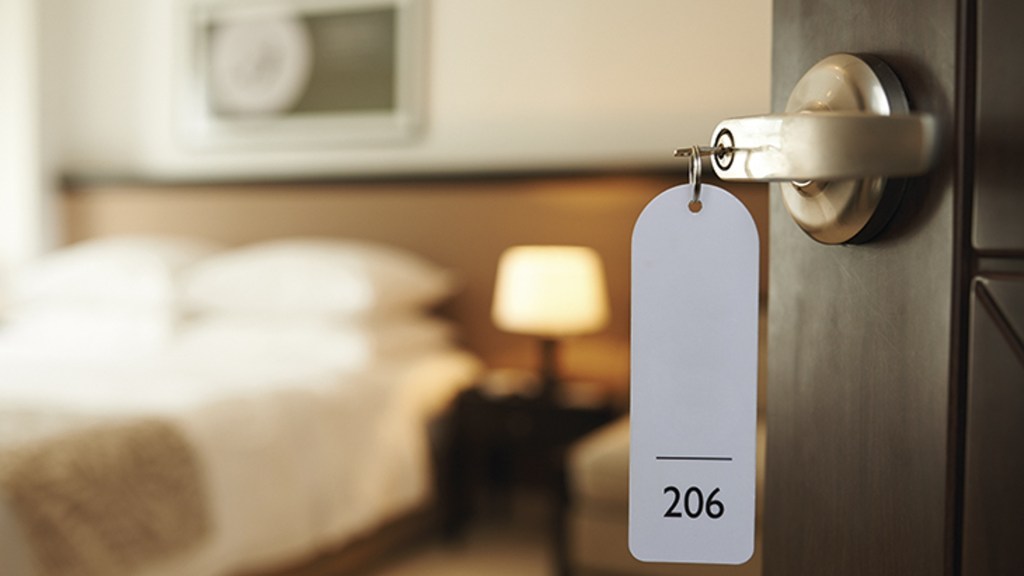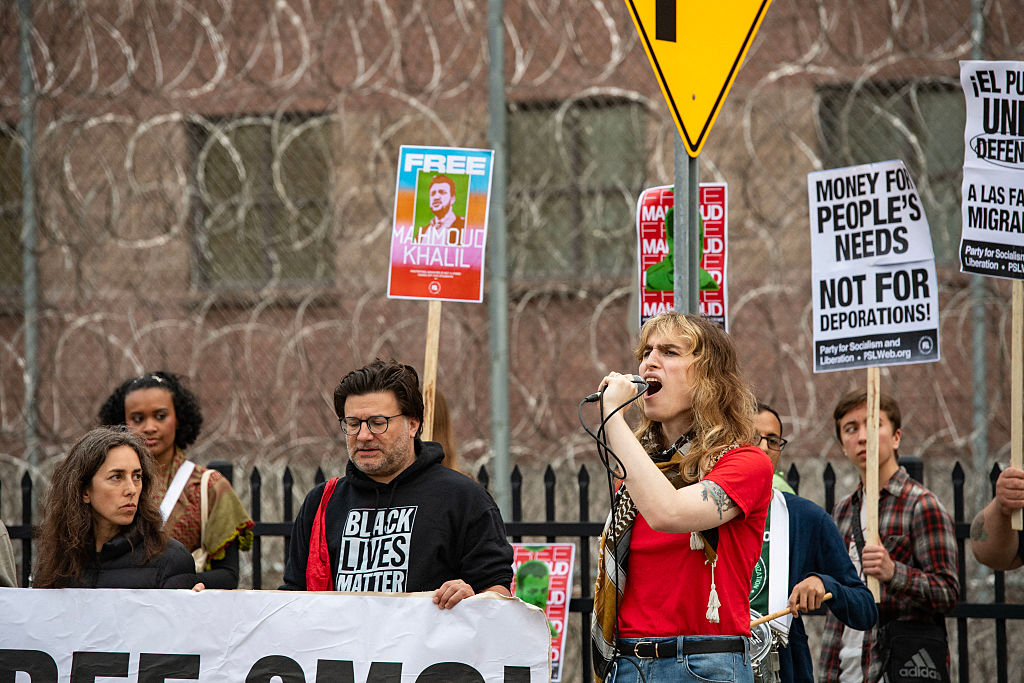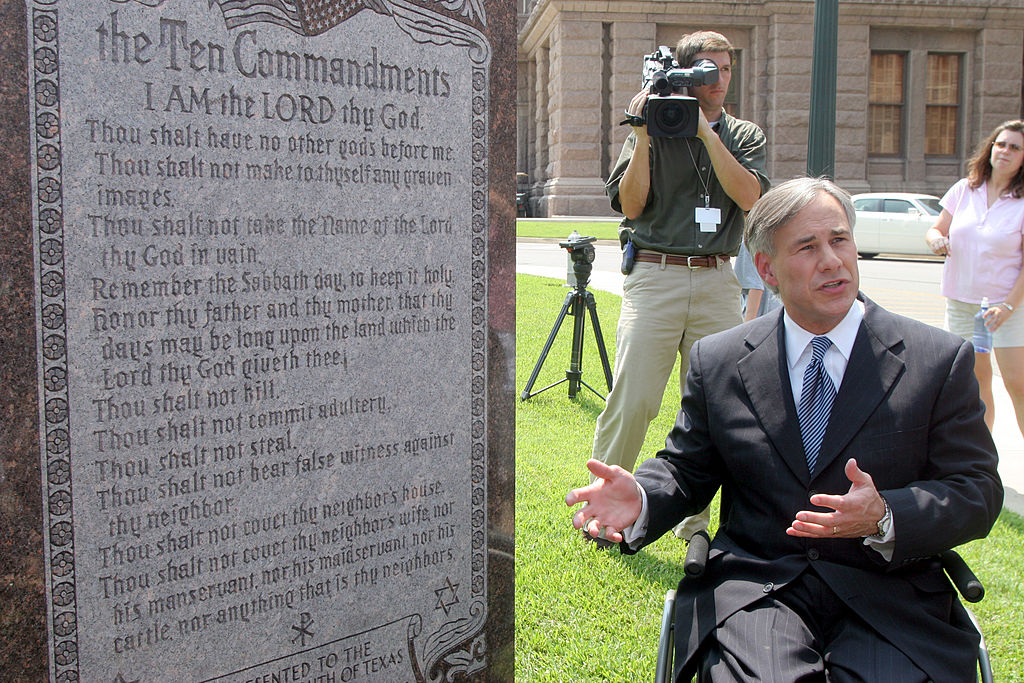A few Spectator readers may soon find themselves confined to quarantine hotels, so the magazine thought it timely to find someone familiar with hotel life to share their advice. Since Dominique Strauss-Kahn was somehow unavailable, they settled on me.
Now the first question to ask is: how fancy a hotel should you choose? This is not as simple as it sounds. Indeed, other than buying a yacht, no extravagances pall faster than a posh hotel. As Viz magazine once recommended: ‘Turn your home into a luxury hotel by installing a small fridge next to the bed and burning a £10 note every time you use it.’
I rather agree with Leo Johnson — Boris’s brother — who argues that the quality of French hotels is inversely related to the price. Certainly the worst hotel for a protracted stay would be one with a single, pretentious, Michelin-starred restaurant. After day three, you’d find yourself getting Poulet au Moyen de Kentucky smuggled in past the suspicious desk staff.
Cheap hotels offer free broadband, while fancy places make you pay. Top-end hotels also like to maintain the ludicrous fiction that their guests are too grand to make themselves tea or coffee. So, while the cheapest Motel 6 will provide an in-room coffee machine, the Hotel de Posh makes you phone room service every time.
I’d also advise quarantining in a hotel in an English-speaking country. In many countries, speakers of Italian, Arabic or Arapaho may choose from a panoply of exciting in-room television stations, but speakers of the most widespread language on Earth have the choice of only two, on both of which there is an American telling you the same thing about the Nasdaq every 10 minutes, 400 times in a row. Your only alternative is to explore the darker reaches of the hotel’s ‘pay channels’ — where you can finally hear someone not talking about stock indices. ‘Ooh, a chap’s just come round to fix that blonde lady’s sink.’ I’m one quarter Scottish so I can’t even do that. I’d be plagued with guilt if I spent €19 on a film.
Ultimately there are only three things in a hotel room which you can’t get at home. One is a trouser press. This offers limited excitement, to be honest. The other two are the true highlights of any hotel stay: dry-cleaning and breakfast delivered to your room. I’m told my employer has rules regarding the minimum length of stay which warrants expense claims for various in-room purchases but, devoted as I am to the enrichment of our shareholders, when it comes to dry-cleaning they can go hang. I’m getting everything pressed if I so much as look at it. Ditto any charges for my in-room breakfast.
Here, again, you must choose your quarantine location carefully. In my experience, the only places to master the art of breakfast are North America, the British Isles, Mexico (huevos rancheros) and Turkey. Israel is also tip-top if you wait till brunch. (It can’t have helped the pro-European cause that, in English, the word ‘continental’ is often used to mean ‘woefully inadequate’ — as in ‘continental breakfast’.) Eggs Benedict is the high-risk option. It’s potentially glorious, but if it arrives without a tiny bottle of Tabasco sauce, the omission ruins your whole day.
This article was originally published in The Spectator’s UK magazine. Subscribe to the US edition here.

























